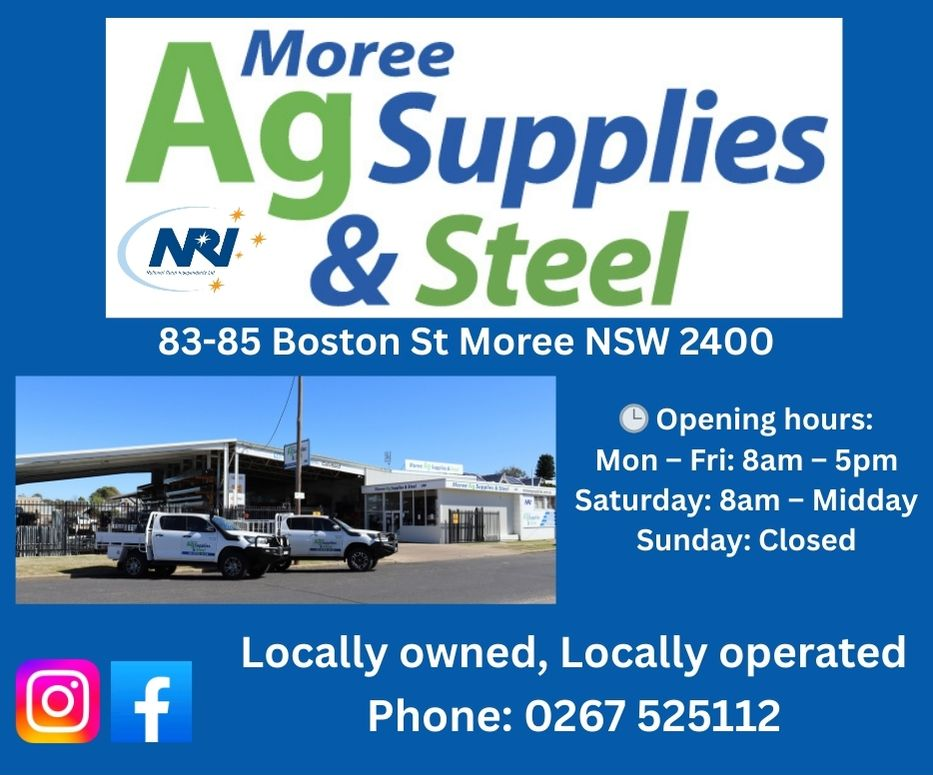THE Bats in Backyards project, part of the NSW Government’s Saving our Species initiative, is calling for landholders in the Moree Plains Shire and north-western New South Wales to help survey insect-eating bats on properties during the summer months.
Bats in Backyards is a citizen science project that contributes valuable data to help save some of the rarest insect-eating bats in New South Wales from extinction.
Now in its fourth year, the Bats in Backyards project is once again calling on landholders to help survey bats on properties by recording bat calls over a period of five days.
Department of Climate Change, Energy, the Environment and Water threatened species officer, Alison Cowie, is overseeing two projects in the Moree district – Bats in Backyards and Woodlands Out West Tubestock – and is asking landholders to come on board and support the programs.
“The Bats in Backyards project enables community members to learn which species of insectivorous bats are found in their area,” Ms Cowie said.

Bats in Backyards is a citizen science project that contributes valuable data to help save some of the rarest insect-eating bats in New South Wales from extinction.
“These bats are not only an essential part of natural ecosystems, but also provide significant economic value to industries such as cotton farming.
“To help fill knowledge gaps and engage with rural communities, we’re now calling on organisations in the north-west of New South Wales to help spread the word about the Bats in Backyard citizen science project,” she said.
The Woodlands Out West Tubestock project aims to distribute free native tubestock to rural landholders.
The primary goal is to improve biodiversity and habitat availability in these regions.
Woodlands out West is a conservation project operated by the NSW Government’s Saving our Species program.
It focuses on the broader Collarenebri, Mungindi and Nyngan regions. Habitats in these regions can be highly altered and fragmented.
The project supports activities that protect and improve habitat for threatened species and biodiversity, whilst also benefiting productive farms, and healthy and resilient landscapes.
“There are potential extra benefits to landholders who plant tubestock, including improvement of primary production via the creation of shelterbelts and windbreaks, or enhancement of paddock tree areas.
The Woodlands out West project is offering between 50 and 200 free native tree seedlings to eligible rural landholders in the Bogan, Warren, Walgett and Moree Plains local government areas.
Eligible landholders will receive a selection of species, including Weeping Myall, Whitewood-Cattle Bush, Belah, River Red Gum, Coolibah, Black Box and Poplar-Bimbil Box.
Bats in Backyards Expressions of Interest HERE.
Bats in Backyards information HERE.
Woodlands out West Expressions of Interest HERE.
Woodlands out West Information PDF: Woodlands out West Tubestock Content pack for stakeholders 2025






















































































0 Comments